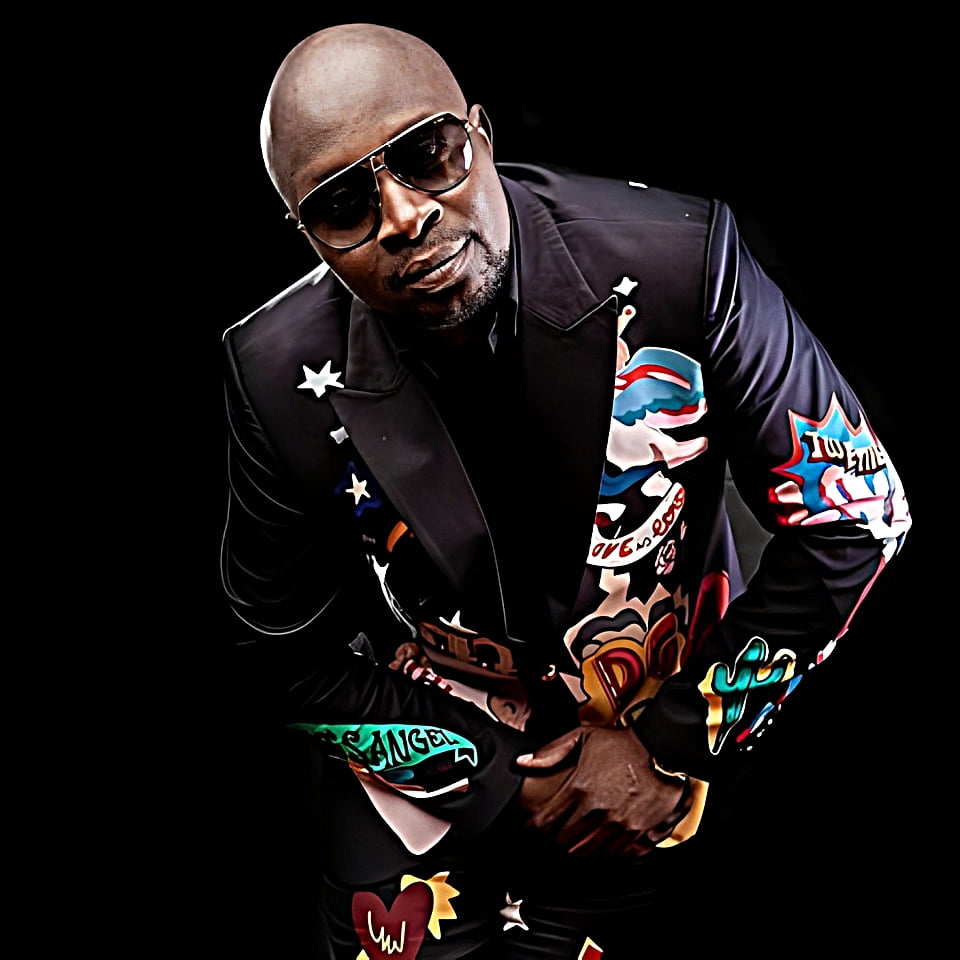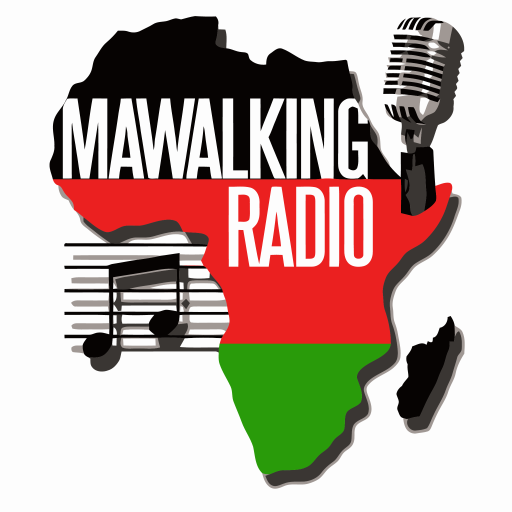
Roga Roga: A Musical Powerhouse from Congo
Early Life and Musical Beginnings
Roga Roga, born Ibambi Okombi Rogatien on August 31, 1974, in Owando, Republic of the Congo, has emerged as one of the most influential figures in Congolese music. His early exposure to music began in a Catholic choir, where he developed a passion for singing and playing the guitar. This early foundation set the stage for his future in the world of music.
Formation of Extra-Musica
In the early 1990s, Roga Roga, along with his friends Espé Bass, Kila Mbongo, Guy-Guy Fall, Durell Loemba, and others, founded the iconic band Extra-Musica. The group quickly gained popularity, becoming a significant force in the Congolese music scene. With Roga Roga as the lead, Extra-Musica became known for its innovative blend of ndombolo, rumba, and soukous, captivating audiences across Africa and beyond.
Rise to Fame and Internal Challenges
Extra-Musica’s rise to fame was not without challenges. After releasing three successful albums, internal conflicts led to a split within the group. Roga Roga, however, emerged stronger, renaming his faction Extra-Musica Zangul. Under his leadership, the band continued to dominate the music scene, producing hits like “État-Major,” “Shalaï,” and “Trop c’est trop.” These tracks solidified the group’s reputation and led to multiple awards, including the prestigious title of Best African Music Group of the Decade at the KORA Awards.
A Decorated Career
Roga Roga’s contributions to Congolese music did not go unnoticed. In 2010, during the 50th anniversary of Congo’s independence, he was honored with the title of Chevalier in the Order of Congolese Merit. This recognition marked a significant milestone, making him the first of his generation to receive such an honor. It was a testament to his influence and the impact of his music.
Discography and Musical Legacy
Roga Roga’s discography is a testament to his enduring influence in the music industry. With Extra-Musica, he released several iconic albums, including “Les Nouveaux Missiles” (1995), “Confirmation” (1996), and “État-Major” (1998). His solo career also flourished, with albums like “Sorcellerie (Kindoki)” (2010) and “Oyo ekoya eya” (2016) showcasing his versatility and creativity.
Continued Influence and Legacy
Today, Roga Roga remains a key figure in Congolese music, influencing a new generation of artists. His ability to blend traditional Congolese sounds with contemporary elements has kept him relevant in an ever-changing music landscape. As the leader of Extra-Musica Zangul, he continues to push the boundaries of what Congolese music can be, ensuring that his legacy will endure for years to come.
Conclusion
Roga Roga’s journey from a young choir singer to a decorated music icon is a story of talent, resilience, and unwavering dedication. His contributions to Congolese music have left an indelible mark, and his influence continues to resonate across Africa and the world. As a musician, bandleader, and cultural ambassador, Roga Roga’s impact is both profound and lasting.




Pingback: Mawalking Radio | Extra Musica: Pioneers of Ndombolo and Congolese Rumba